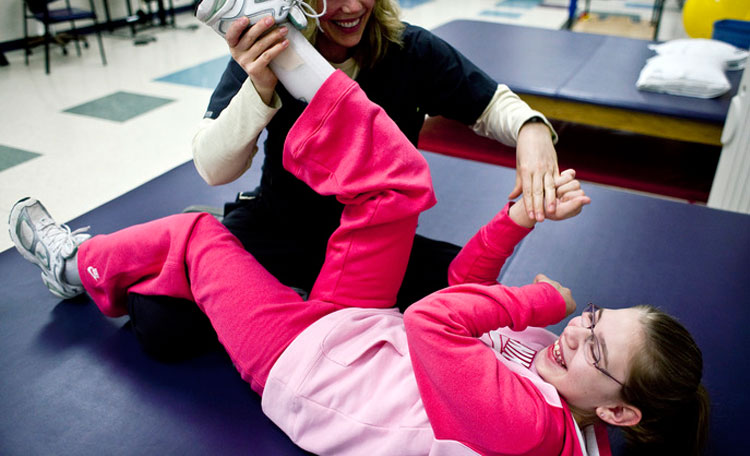Cerebral palsy can be rather debilitating for some children, while others have few or other minimal problems. Dysport® was developed to help those cerebral palsy patients who suffer from pediatric lower limb spasticity as well as those with spasticity in all limbs following a stroke or TBI (traumatic brain injury).
Recently, a phase III PLL study was conducted on children who had hemiparetic or diplegic cerebral palsy. The study showed that children who were treated with Dysport (similar to BOTOX) experienced a significant response in muscle tone improvement when compared to those who did not receive the treatment. The results were measured using the Modified Ashworth Scale (MAS).
Approval by FDA
In a recent press release Ipsen Biopharmaceuticals, the manufacturer of Dysport, they announced the FDA had approved its supplemental Biological License Application for Dysport. Current approval allows the drug to be dispensed to treat upper limb spasticity in adults. Ipsen wishes to secure approval from the FDA to use Dysport in the treatment of a variety of limb-related conditions including cerebral palsy. The drug has been reconstituted from its original lyophilized powder form for injection. The drug was originally marketed in 1990 to treat blepharospasms and hemifacial spasms, and 75 countries use it for a variety of conditions that include lower limb spasticity in children suffering from cerebral palsy.
The Phase 3 study used 243 adult patients who had upper limb spasticity. These international trials included placebos in a controlled environment in order to evaluate Dysport on hemiparetic patients after they had a stroke or suffered a brain trauma. The study showed there was significant improvement in muscle tone for those using Dysport as measured by the Modified Ashworth Scale. The Physician Global Assessment showed Dysport patients showed better clinical benefit profiles than those who took the placebo.
Benefits
There are definite benefits to using botulinum toxin (Dysport, Botox, Myobloc, Xeomin), and it is certainly not a new treatment for children suffering from cerebral palsy. In fact, medical professionals have been using Botulinum toxin for over two decades.
Pediatric cerebral palsy patients quite often experience muscle tightness which makes movement and comfortable positioning difficult. This can increase the risk of deformities in the muscles, but injection of botulium toxin can relax this tightness for several months at a time. Children who have problems with drooling can obtain help reducing the secretions with injections of botulium toxin also for months at a time. In fact, this agent is reportedly beneficial for treating any condition that causes muscle tightness.
Of course (as with any treatment), you should seek the advice of your doctor to see if these injections are right for you. This article is not meant as an endorsement, and we have no affiliation with Dysport® or Ipsen Pharmaceuticals.

